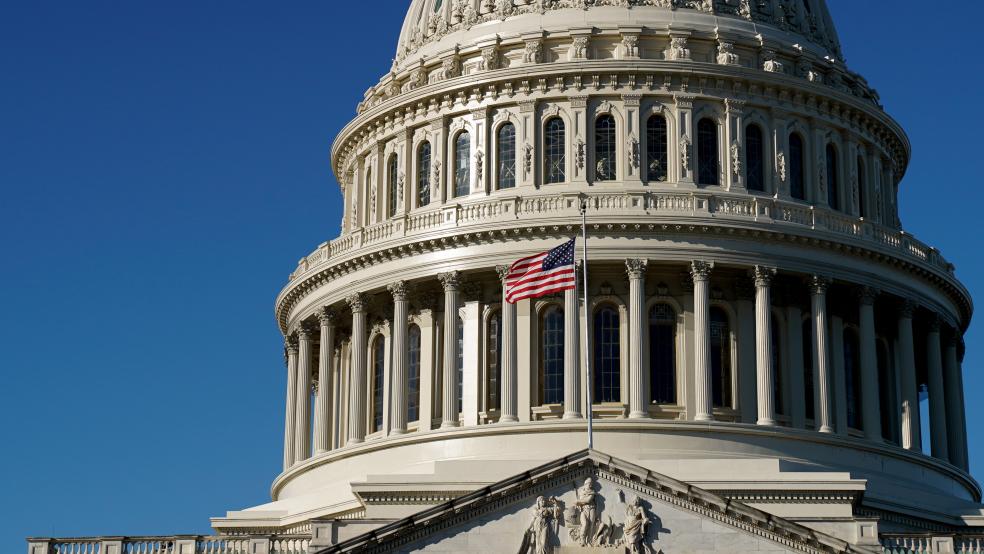Now that President Biden has cut off infrastructure talks with a group of Senate Republicans led by Sen. Shelley Moore Capito (R-WV), the immediate focus will shift to a bipartisan group of senators working on an infrastructure package.
That group “made good progress” on its proposal during a Tuesday evening meeting, Sen. Mitt Romney (R-UT) said, according to The Washington Post.
While the senators have not publicly released a proposed cost for their plan, they reportedly are considering a total around $900 billion. Romney said the group had hashed out spending items over a five-year period. “We went through line by line and we’ve got pretty good agreement on most of those and went to the pay fors as well and they’re a little less solid,” he said.
One aspect on the revenue side appears to be solid, though: Biden’s proposed tax increases are off the table in the group’s discussions, The Hill’s Jordain Carney reports.
It’s still unclear, though, just how many senators might support any deal the bipartisan group develops. Capito told reporters that she was set to bring at least half of the GOP caucus on board if she had been able to secure an agreement with Biden.
“I’d do what I could to frustrate its passage,” Sen. Ron Johnson (R-WI) said of any deal costing more than $700 billion, according to Politico. “I think we have a growing group of people who are willing to do that as well.”
A bipartisan House proposal: While the Senate group crafts its package, the 58-member bipartisan House Problem Solvers Caucus on Wednesday released its own $1.25 trillion spending plan for physical infrastructure, which includes $761.8 billion in new spending over eight years.
The co-chairs of the caucus, Reps. Josh Gottheimer (D-NJ) and Brian Fitzpatrick (R-PA), have been engaged with the bipartisan Senate group and the House caucus said it hoped its framework could help break the gridlock on an infrastructure package.
“As others obstruct, divide and disengage, the Problem Solvers Caucus worked together to develop a bipartisan, physical infrastructure solution with the support of 29 Democrats and 29 Republicans,” Rep. Dean Phillips (D-MN) said in a statement. “We’re committed to bring people together and get things done, and we won’t give up.”
The proposal includes:
* $582 billion for highways, roads, bridges and safety;
* $155 billion for transit;
* $120 billion for Amtrak and passenger rail;
* $74 billion for water and wastewater programs;
* $71 billion for clean energy and the electric grid;
* $45 billion for broadband;
* $41 billion for airports;
* $26 billion for waterways and ports;
* and $25 billion for electric vehicle infrastructure.
“The transit, passenger rail and electric vehicle funding is significantly higher than in the Capito group’s plan,” Roll Call’s Lindsey McPherson reports. “The Problem Solvers framework, however, includes less money for broadband internet access — $45 billion, compared to $65 billion in the last public offer Capito’s group made. It also includes less money for drinking and wastewater — $60 billion, compared to Capito’s $72 billion.”
Biden called for $1 trillion in new spending in his talks with Capito, whose last offer came in at nearly $1 trillion, with new spending above the current baseline only about a third of the total. Capito and her group said that Biden had told them the $1 trillion could include existing spending plans before changing his demands.
“The Problem Solvers Caucus framework gets much closer to Biden’s demand on new spending,” McPherson writes. “And unlike the offer from Capito’s group, it has buy-in from congressional Democrats. However, the bipartisan caucus has not yet included any provisions to offset the cost of its proposal.”





